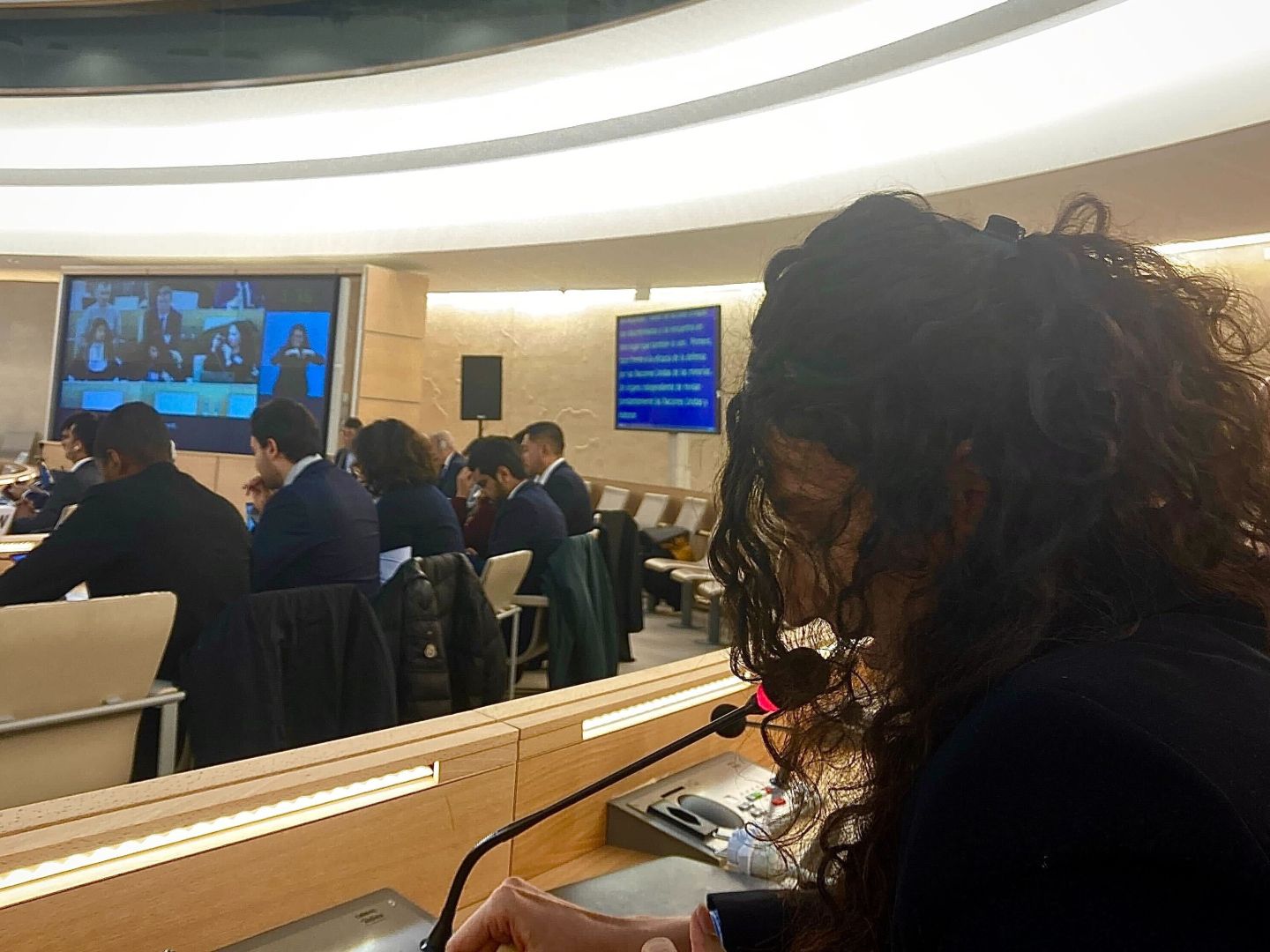
MRG’s recommendations to the UN Forum on Minority Issues
This statement was delivered on 1 December 2022 by MRG’s Ifra Asad at the 15th UN Forum on Minority Issues under the agenda item, ‘Review: Normative frameworks and the mainstreaming of the Declaration at the UN’. Under this item, the Forum reviewed the scope of the UN Declaration on Minority Rights, the groups that it covers, and those that it leaves behind, and ways in which the scope of the normative framework can be made more relevant and effective.
Thank you, Mr Chair,
On this occasion of the 30th anniversary of the UN Declaration on the Rights of Minorities, I am here from Minority Rights Group to both mark this milestone and critique its implementation.
30 years ago, this document was drafted to acknowledge the centrality of minority rights in the mission of the United Nations. The Declaration was a welcome step but failed to uphold its initial promise.
In Tajikistan, Pamiris are forced to migrate due to intensive securitization and militarization of their homeland. They now face discrimination both in Tajikistan and Russia, where evidence shows that minorities and migrants are targeted for military conscription.
In Egypt, where the existence of minorities is denied, the state has intimidated, arrested, banned from travel and charged with terror offences minority rights defenders belonging to communities including Copts, Atheists, Quranis, Nubians and Sinai Bedouins.
In India, refugees who fled Myanmar, and then again the squalid conditions of camps in Bangladesh, find themselves in the double bind of being both Muslim and Rohingya: caught between persecution at home and in their place of refuge.
What can the UN do to improve the minority rights framework?
For one, address scepticism about the UN system’s effectiveness towards minority concerns. An independent accountability mechanism should regularly review the UN’s performance and response, and articulate concrete recommendations for improvement.
Second, disaggregate data, while taking into account intersectionalities, identifying the particular obstacles faced by women, persons with disabilities and other marginalized groups belonging to minorities.
Lastly, make the UN Forum on Minority Issues more accessible. Set up a voluntary fund for financial assistance, ensure an intersectional dimension to its sessions and increase the amount of time dedicated to it.
—
Photo: Ifra Asad delivering her statement at the United Nations Forum on Minority Issues in Geneva, Switzerland, on 1 December 2022. Credit: Miriam Lawson/MRG.